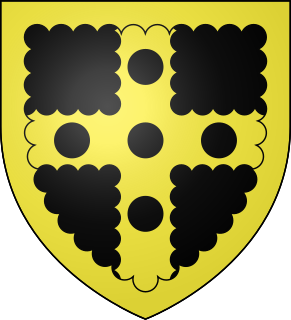A Quote by George Santayana
By nature's kindly disposition most questions which it is beyond a man's power to answer do not occur to him at all.
Related Quotes
What is bad? What is good? What should one love, what hate? Why live, and what am I? What is lie,what is death? What power rules over everything?" he asked himself. And there was no answer to any of these questions except one, which was not logical and was not at all an answer to these questions. This answer was: "You will die--and everything will end. You will die and learn everything--or stop asking.
Most of what happens in the world is far beyond a dog's comprehension, so they must turn to their faith in us to help them navigate life's treacheries. Don't we, also, have unanswerable questions about the vagaries of modern existence for which the answer is beyond human grasp, so that only our faith can guide us?
But the older he grew and the more intimately he came to know his brother, the oftener the thought occurred to him that the power of working for the general welfare – a power of which he felt himself entirely destitute – was not a virtue but rather a lack of something: not a lack of kindly honesty and noble desires and tastes, but a lack of the power of living, of what is called heart – the aspiration which makes a man choose one out of all the innumerable paths of life that present themselves, and desire that alone.
As with many metaphysical and religious questions, Kant thinks they lie beyond our power to answer them. If you can't stand the frustration involved in accepting this, and insist on finding some more stable position which affords you peace of mind and intellectual self-complacency, then you will find Kant's position "problematic" in the sense that you can't bring yourself to accept it. You may try to kid yourself into accepting either some naturalistic deflationary answer to the problem or some dishonest supernaturalist answer.
Suicide may also be regarded as an experiment - a question which man puts to Nature, trying to force her to answer. The question is this: What change will death produce in a man's existence and in his insight into the nature of things? It is a clumsy experiment to make; for it involves the destruction of the very consciousness which puts the question and awaits the answer.






































